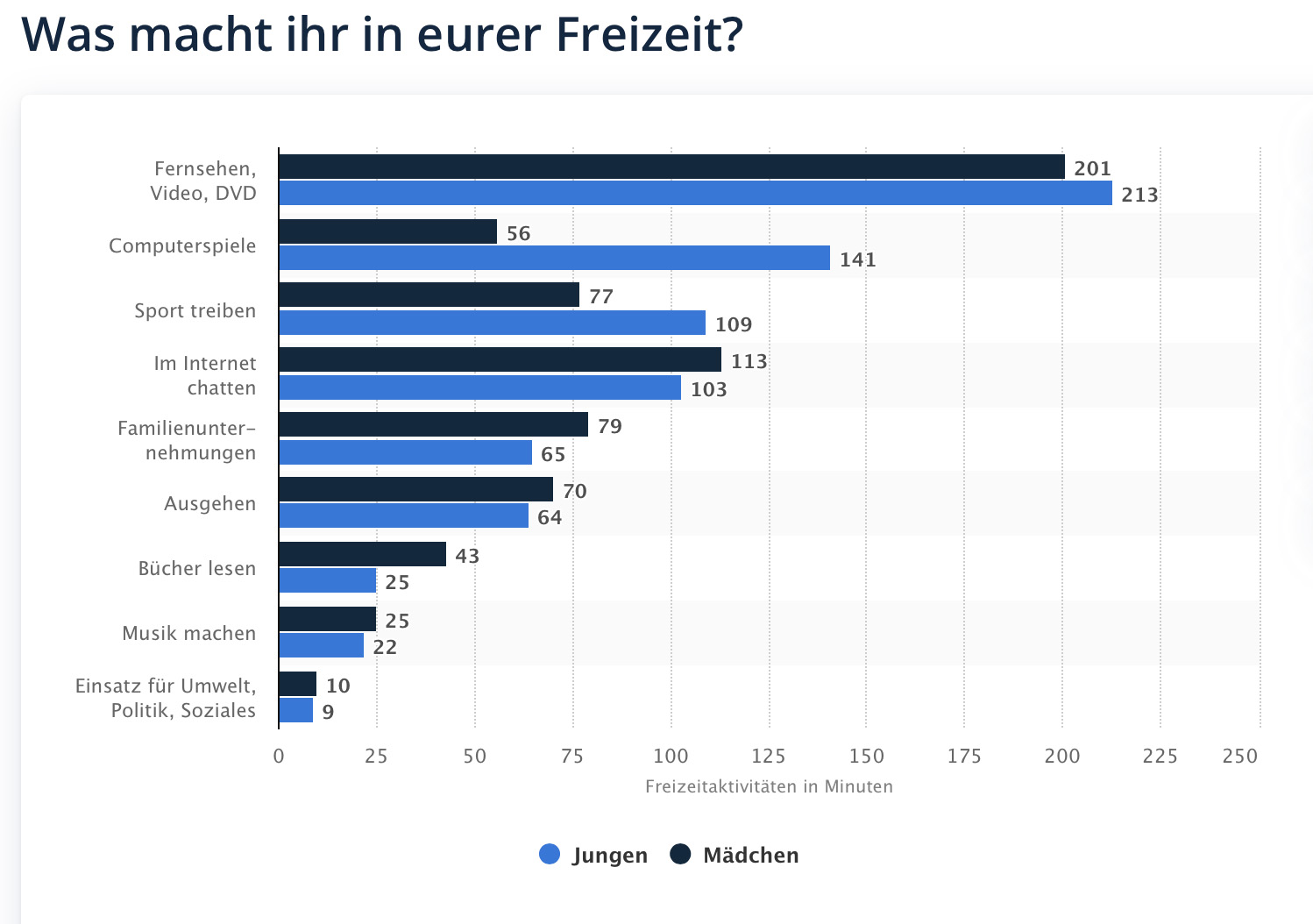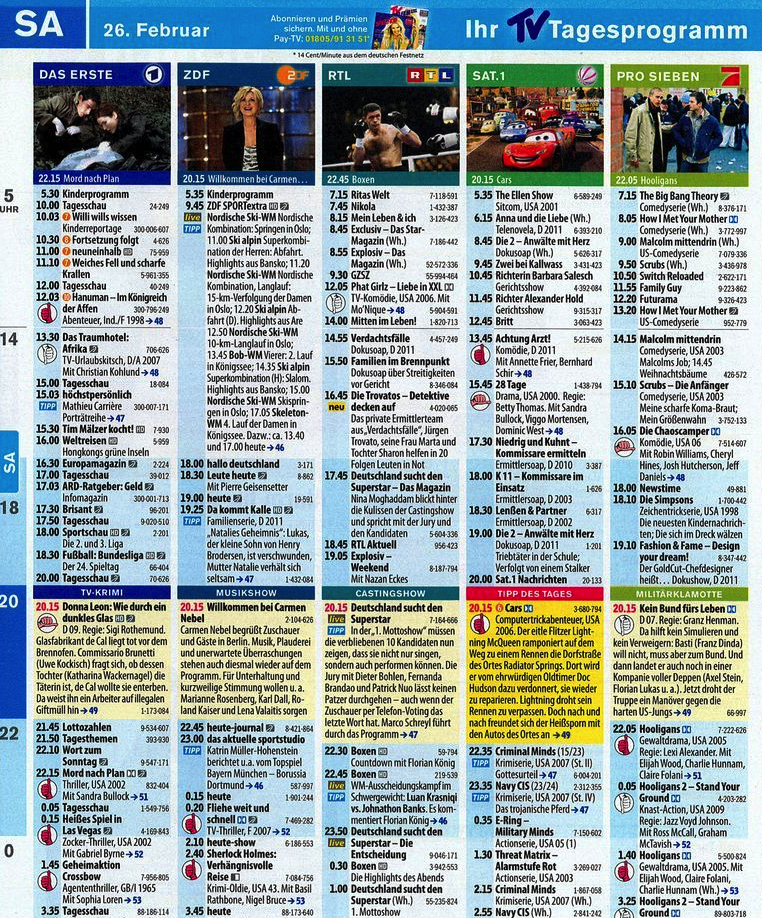| Seite 2 |
Übung 6-2a. Video-Aufgabe über das Perfekt. Review the video on the perfect tense linked here. This video introduces strong verbs in the perfect tense. A quiz on the content is in BOLT. Video: Verben im Perfekt
Übung 6-2b. Schwache Verben im Perfekt. Füllen Sie die Tabelle aus und dann übersetzen die Sätze ins Deutsche. On BOLT. (Also: Refer to the Case Tables on Seite 5-11.)
| infinitive | participle + meaning | infinitive These participles end in "-et": rasten → gerastet. | participle |
|---|---|---|---|
| brauchen | regnen | ||
| feiern | arbeiten | ||
| fragen | baden | ||
| hören | kosten | ||
| kaufen | warten | ||
| kochen | |||
| lachen | |||
| lernen | |||
| lieben | |||
| machen | |||
| sagen | |||
| schenken | |||
| schmecken | |||
| spielen | |||
| suchen | |||
| tanzen | |||
| wohnen |
- We needed more time. Wir haben mehr Zeit gebraucht.
- My friends partied on Saturday. _________________________________________
- Did you ask him? ____________________________________________
- Many people (Viele Leute) were listening to music. _____________________________
- I bought a shirt yesterday. _______________________________
- Sara was cooking soup (die Suppe). _________________________________
- They did not laugh. _________________________________________
- Students were studying in the library (in der Bibliothek). ____________________________
- My mother loved her gift (das Geschenk). __________________________________
- What did you do on the weekend (am Wochenende)? ______________________________
- My parents did not say that (das). ________________________________
- Klaus gave his sister a DVD for Christmas (zu Weihnachten). ____________________________________
- The food (Das Essen) in the Restaurant (im Restaurant) tasted very good. _____________________________________
- My friends played tennis yesterday (gestern). __________________________________
- My parents were looking for their children (die Kinder). _________________________________
- We danced in the disco (in der Disko) all night (die ganze Nacht). ____________________________
- Klaus was living in Bremen. _____________________________________
- It was raining in Germany yesterday. _____________________________________
- Why did you work at home (zu Hause)? ______________________________
- I did not bathe this morning (heute morgen). _________________________________
- Our books cost (past tense) a lot of money (viel Geld). _____________________________
- We waited three hours (die Stunde -n) for the train (auf den Zug). __________________________

Lieblingsfreizeitsbeschäftigung!
|
- kapitel 6, Seite 1
- kapitel 6, Seite 2
- kapitel 6, Seite 3
- kapitel 6, Seite 4
- kapitel 6, Seite 5
- kapitel 6, Seite 6
- kapitel 6, Seite 7
- kapitel 6, Seite 8
- kapitel 6, Seite 9
- kapitel 6, Seite 10
- kapitel 6, Seite 11
